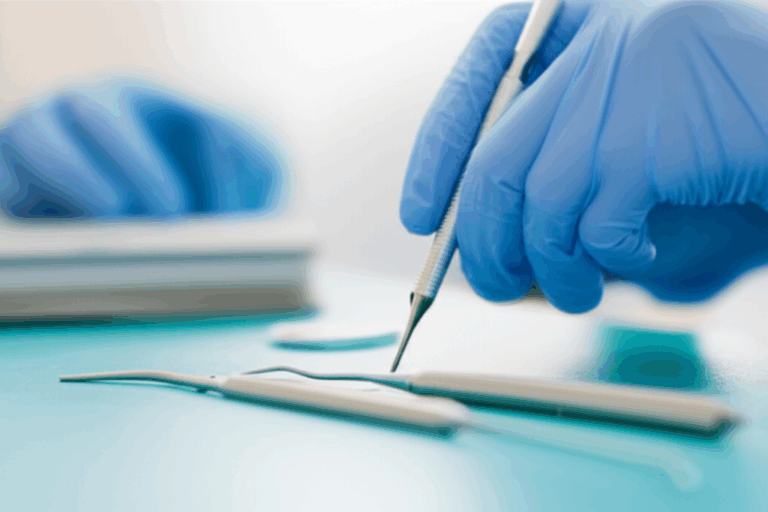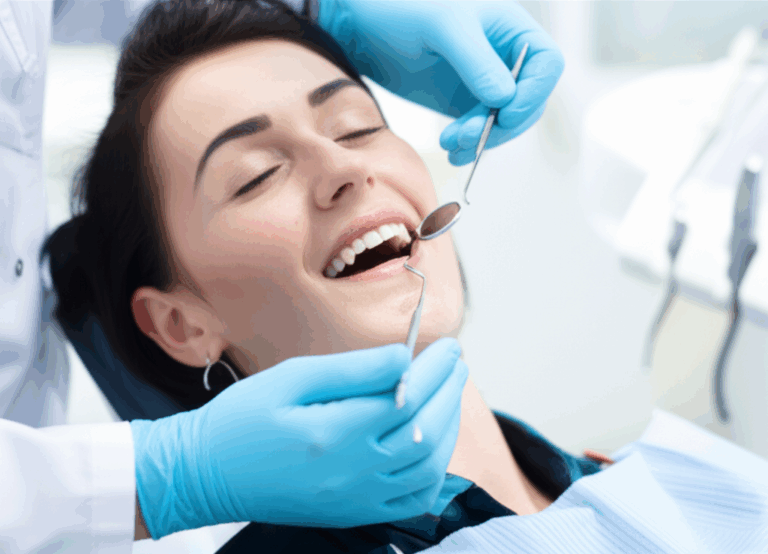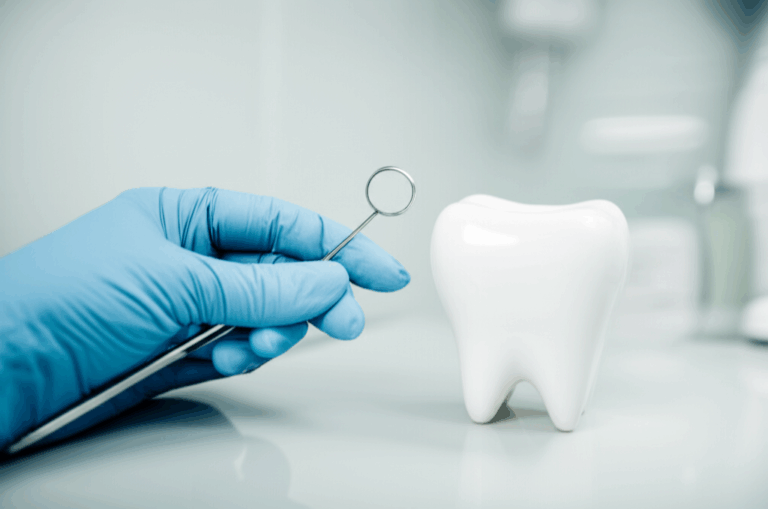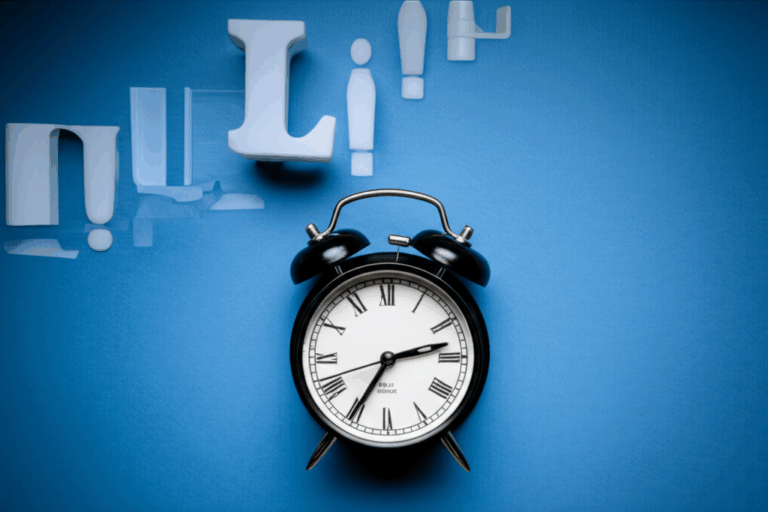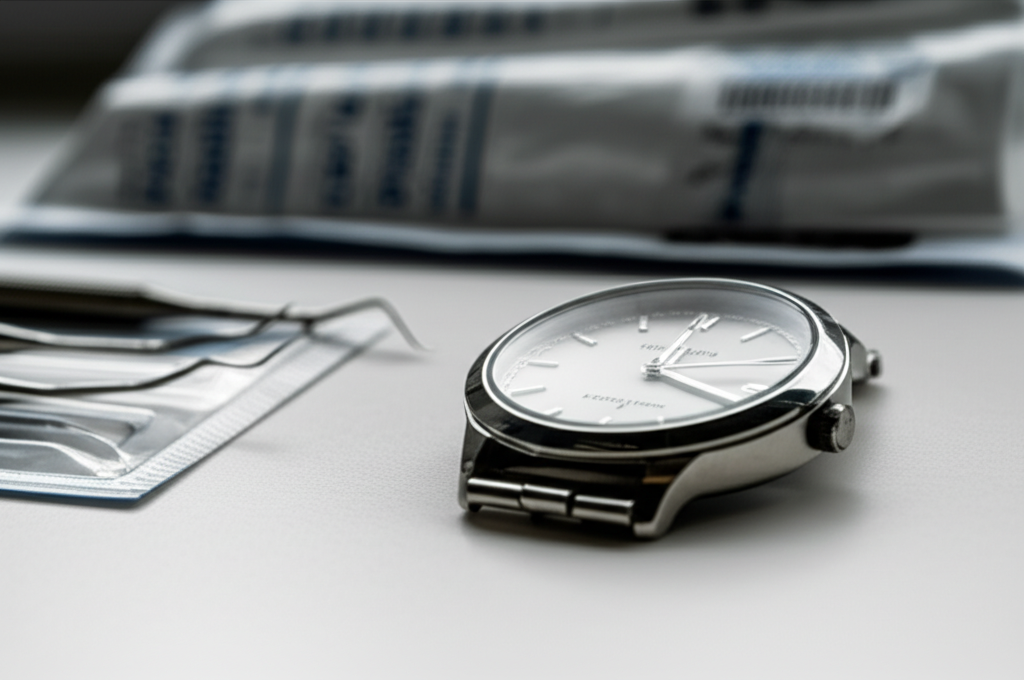
How Long After Prolia Can I Go to the Dentist? Your Essential Guide to Safe Dental Care
That worry you feel before going to the dentist is normal, but if you’re taking Prolia for osteoporosis, you might have new questions. Is it safe to get a cleaning? What about taking out a tooth or getting an implant? Should I tell my dentist? And most important: How long after a Prolia shot should I wait before seeing the dentist?
You’re not alone. Many people starting Prolia (denosumab) are surprised to hear words like osteonecrosis of the jaw, or “ONJ.” It sounds scary! But with the right info and some simple steps, you can keep both your bones and your teeth healthy.
Let’s break down what you need to know—without confusing words and with advice you can use.
In This Article
- Understanding Prolia and How It Affects Dental Health
- The Risk of Jaw Bone Problems (ONJ) With Prolia
- How Long to Wait After Prolia for Dental Work
- What to Do Before Dental Work While on Prolia
- How to Handle Dental Procedures and What to Do After on Prolia
- Who to Talk to: Your Healthcare Team
- Key Takeaways for Prolia and Dental Health
Understanding Prolia (Denosumab) and How It Affects Dental Health
First things first: Prolia is a medicine often given to treat osteoporosis in older women (and sometimes in men or certain cancer patients).
What Does Prolia Do, and Why Should You Care About Your Teeth?
Prolia slows down how fast your bones break down. It blocks a signal (RANK Ligand) that tells certain cells to break down bone. With these cells slowed down, your bones stay stronger.
But here’s the catch: This also affects how your jawbone heals, especially after dental work.
Think of your bones as a work site:
- Builders (osteoblasts) make new bone.
- The cleanup crew (osteoclasts) clears out old bone.
- Prolia slows down the cleanup crew.
- But if there’s “damage” (like a tooth being pulled), your jaw might heal more slowly.
That’s why timing and simple planning matter if you have big dental work coming up.
The Risk of Jaw Bone Problems (ONJ) With Prolia
Let’s talk about ONJ—the big, scary word that comes with bone medicine.
What is Osteonecrosis of the Jaw (ONJ)?
Osteonecrosis means “bone death.” It’s when a part of your jawbone loses blood and doesn’t heal, leading to pain, exposed bone, or swelling. But don’t panic—ONJ is rare in people taking Prolia for osteoporosis (less than 1 out of 1,000). It’s more likely in people on stronger bone drugs for cancer.
What Puts You at Risk?
- You’ve had dental surgery or teeth pulled recently
- You have gum disease or bad dental problems
- You take high doses or have used Prolia for a long time
- You smoke or have uncontrolled diabetes
- You also use steroids or medicine that weakens the immune system
Signs of ONJ: Jaw pain, swelling, loose teeth, bone showing, slow healing after dental work. If you notice these, tell your healthcare team quickly.
Why Does Prolia Raise ONJ Risk?
While Prolia makes bones stronger, it can make your body slower at fixing jawbone hurt by dental work. If the cleanup crew is on break and there’s an accident (like a pulled tooth), fixing the “mess” takes longer and can cause bone problems, especially if there’s infection.
The good news: Most cases happen after a dental surgery, and there are often warning signs—like infection or poor mouth care—first.
How Long to Wait After Prolia for Dental Work
So, the big question: How long should you wait after your Prolia shot before dental work?
Short Answer: It Depends on What Needs to Be Done
1. Routine Dental Care (Cleanings, Exams, Fillings, Crowns):
- Good news: You don’t have to wait! You should keep up with all regular checkups and cleanings.
- Tell your dentist you take Prolia
- Good brushing and regular visits can prevent bigger problems that need surgery
2. Major Dental Work (Extractions, Implants, Surgery):
For bigger dental work, planning ahead is very important.
- Most doctors say to schedule this kind of work about 4–6 months after your last Prolia shot and before your next one.
- Why? This is the time when Prolia is lowest in your body but your bones are still strong.
- Since Prolia is given every 6 months, the “best time” for dental surgery is in the second half of your shot cycle.
- Don’t skip or delay Prolia shots on your own! Always talk to your doctor if you might need to move a dental appointment or pause a dose.
3. Urgent Dental Care (Infection, Abscess, Bad Pain):
You can’t always wait in emergencies:
- See your dentist right away and tell your Prolia doctor too.
- Sometimes, medicine like antibiotics can help first or lower risk.
- Your team will decide the safest plan. Infection and pain always come first; untreated problems are usually more risky than ONJ.
Quick Table: Prolia and Dental Procedures
| Dental Procedure | Wait Time After Prolia | Special Steps |
|---|---|---|
| Cleaning, fillings, exams | None | Tell dentist, keep up with hygiene |
| Extractions, surgery | 4–6 months after last shot | Before next dose, talk to doctor |
| Dental implants | 4–6 months after last shot | Same as above |
| Emergencies | No wait, act fast | Dentist & doctor teamwork needed |
What to Do Before Dental Work While on Prolia
Doing a few things before you go to the dentist can make a big difference.
Stay in Touch With Your Healthcare Team
- Tell your dentist every visit that you’re on Prolia—even for checkups.
- Let your Prolia doctor know if you need big dental work. They may want to help with planning.
- Ask them to talk to each other. You know your own story best, but your team should be working together.
Get a Full Dental Check-up
This is like getting a “map” of your mouth so you don’t run into unexpected problems.
Should You Take Antibiotics?
Sometimes, your dentist or doctor may want you to take antibiotics before or after major dental work, especially if you are at higher risk for infection. Not everyone needs this, but it can help some people feel safer.
How to Handle Dental Procedures and What to Do After on Prolia
If you go ahead with dental work—or need it quickly—here’s how to take care.
Go For Smaller Procedures When Possible
Smaller and less-trauma procedures are better if you can. Dentists might try to save teeth with a root canal instead of pulling them, or do work in stages. Less stress on your bone means lower chance of ONJ.
Follow Aftercare Instructions Carefully
- Follow wound care directions from your dentist—don’t smoke, don’t touch the area, use rinses or medicines as told.
- Watch for problems: Pain, swelling, bone showing, or slow healing should be checked fast.
- Go to all follow-up visits even if you feel fine. Your dentist can find problems early.
Home Care Matters
Simple steps like regular brushing and checkups are your best tools for a healthy mouth.
Who to Talk to: Building Your Healthcare Team
It really is a team effort when you’re on Prolia. Your “team” should include:
- Your Prolia doctor: This is the doctor who gives you Prolia (maybe an endocrinologist, rheumatologist, or regular doctor)
- Your dentist: Checks for problems, treats teeth, follows up after work
- Oral surgeon: If you need extractions or implants, they do the surgery part
- You! The most important part. Ask all questions, share your medicine list, and speak up if something feels off
Ask your dentist and doctor to talk if you need big dental work—getting everyone on the same page keeps you safer.
Key Takeaways for Prolia and Dental Health
Here’s what to remember:
- Routine dental visits are safe and smart, but always say you take Prolia.
- For big procedures, schedule 4–6 months after your last shot and before your next one.
- Good talking between your dentist and your doctor is key—don’t try to manage everything by yourself.
- Great brushing and flossing stop problems before they need major treatment.
- ONJ is rare, but any sign of pain, slow healing, or bone showing should mean a call to your dentist.
- Emergencies come first—don’t hold off care just for your medicine.
- Every person’s plan is different. Your dentist and doctor know your body and your teeth best.
Frequently Asked Questions (And Honest Answers!)
My dentist says Prolia isn’t a big issue, should I worry?
You don’t need to freak out, but remind them that ONJ, while rare, is real—especially for major dental work. If you feel ignored, ask for another opinion. You deserve care!
Can I get dental implants while on Prolia?
Yes, but work with your doctors to plan it in that 4–6 month window after your last shot. Careful planning and check-ups are key.
What if I have dental pain or infection and it’s almost time for my Prolia shot?
Don’t wait! Get the problem checked right away. Don’t delay dental treatment or your Prolia. Your care team can help sort out the best timing.
Will I ever have to stop Prolia just for dental work?
Sometimes, your doctor may suggest waiting on your next shot if you have a big dental procedure planned. Never stop on your own—the risk of broken bones is also serious.
Are the rules different for cleanings, fillings, or crowns?
These are routine and not risky for ONJ. No need to wait—but always keep your dentist in the loop and keep your teeth clean.
Additional Resources for Prolia Patients
Want to learn more about how your dental restorations are made, or what goes on at a dental lab? Check out expert sources like a crown and bridge lab or removable denture lab to get a peek at how dental tools and replacements are made.
For patients thinking about new tooth replacements, learning about an implant dental laboratory can help you feel better about how things work and what to expect.
The Bottom Line: You Can Do This!
Being on Prolia shouldn’t make you scared of your next dental checkup. With a little extra planning, you can keep your bones and your smile strong. The simple steps in this guide give you what you need to stay healthy.
So book your cleaning, keep up the brushing, and talk to your team if you have questions. Your teeth (and your bones) will thank you.
This article was checked by medical and dental professionals. For personal advice, talk to your dentist and Prolia doctor—everyone’s care is different.
References
Knowledge is power. Keep asking questions for great care!

